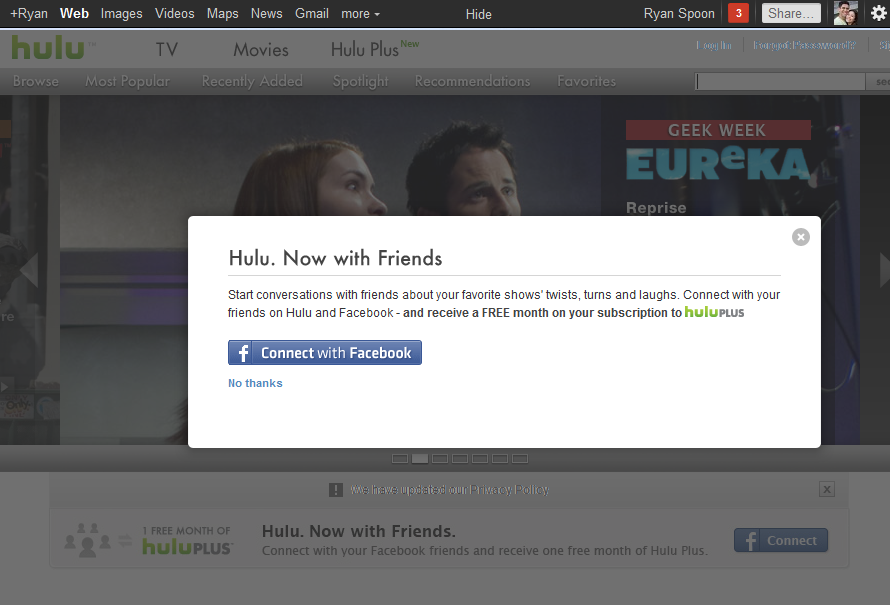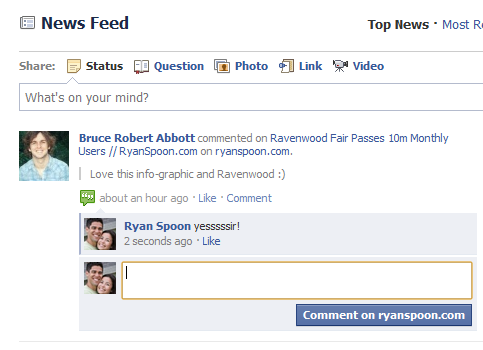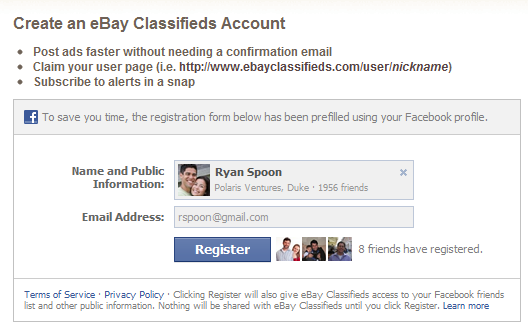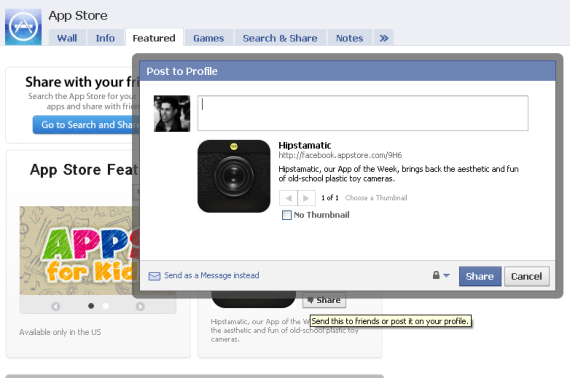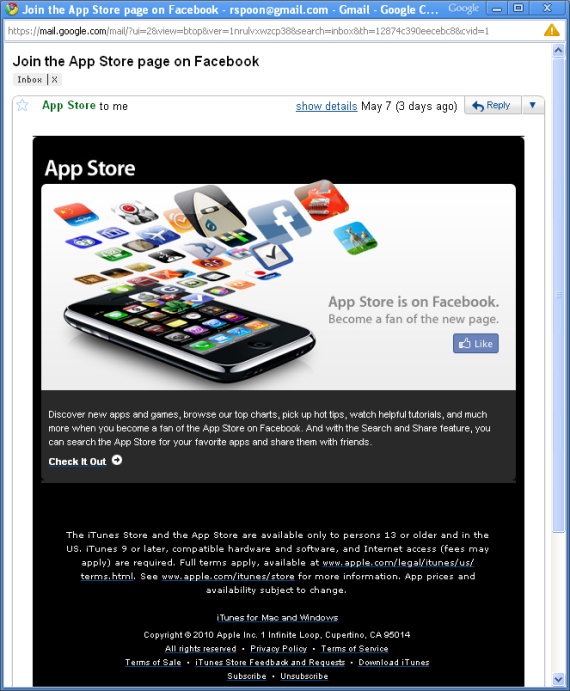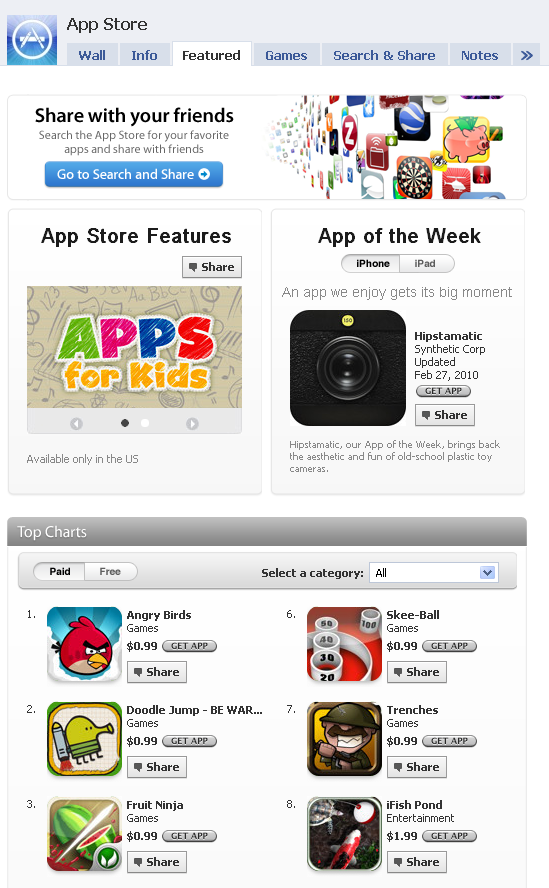Two years ago (somehow it's been that long), I gave 20 predictions for digital media & e-commerce in 2009. This year, I am going to do it slightly differently and write individual posts about various themes / predictions in 2011. You can follow them at the tag "predictions".
Today's is simple: it's all about personalization. I was reminded this yesterday while spending the day at the-very-exciting ShoeDazzle (note: Polaris is an investor, and you can see more about ShoeDazzle on TechCrunch TV). ShoeDazzle has built a business in part on great product, in part on a great & differentiated shopping experience, and also in part on the power of personalized & social shopping.
And I was reminded again this morning by an email from Gilt Group which looks different than their ordinary daily emails. Rather than a list of today's deals, the email noted items available for my specific shoe size (based on a Gilt purchase months ago). Among a slew of unread emails (some important, some not; some shopping, some personal) - Gilt's stood out because it spoke directly to me.

And as folks' like Gilt look for ways to resonate with their customers, drive conversion efficiency and optimize everything from the experience to search results to the pixel's creating an ad unit... personalization will be the differentiator. In addition, personalization has the opportunity to improve more than the middle of the funnel (conversions) - it can affect the top of the funnel through virality.
Facebook, Twitter and the loads of data that we each produce (and the companies sit atop) enable personalization is ways that previously were not possible. Some of those solutions are out-of-the-box scripts and widgets - others will be baked directly into the product, experience and brand.
If it wasn't a core discussion for you in 2010, personalization should be in 2011. And it should be a discussion for each component of the organization: what does it mean for:
- Product
- User acquisition: advertising, virality and social
- Conversions & retention: email marketing, search, customer support, landing pages


